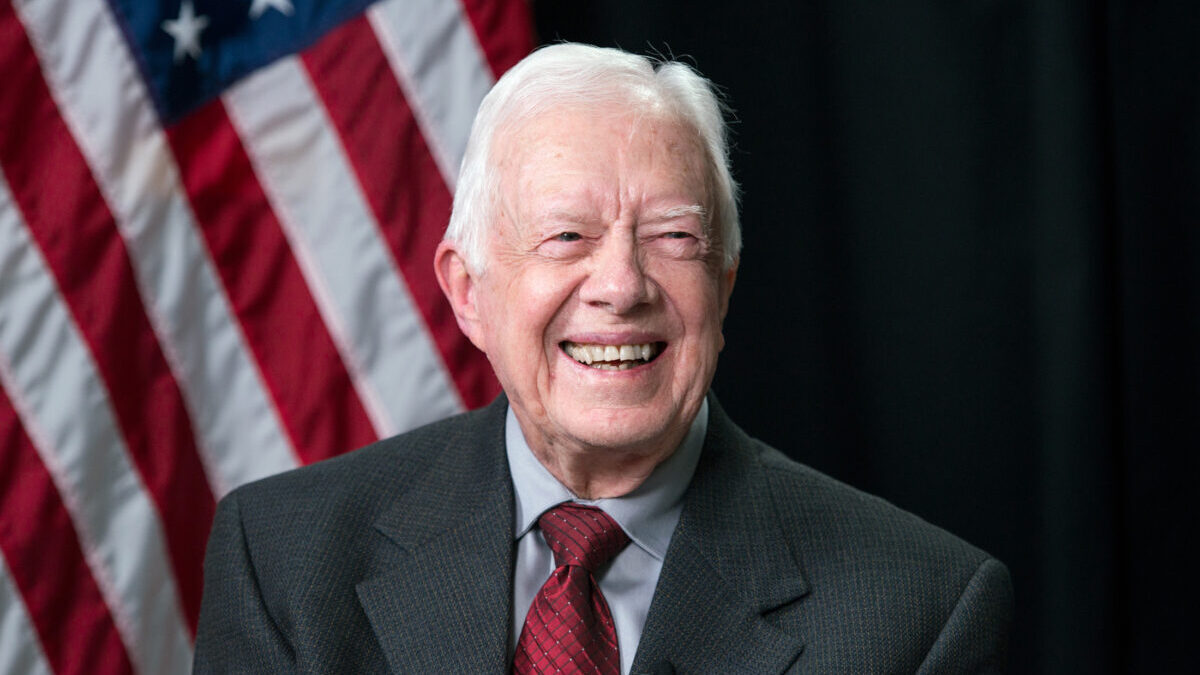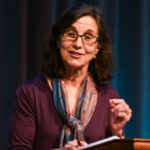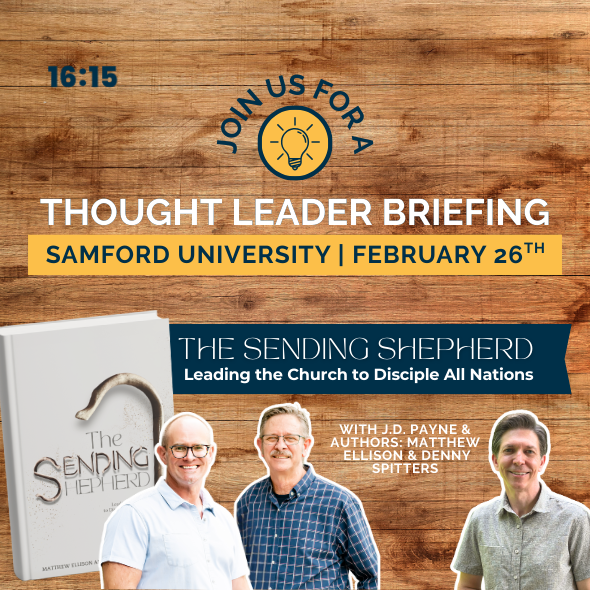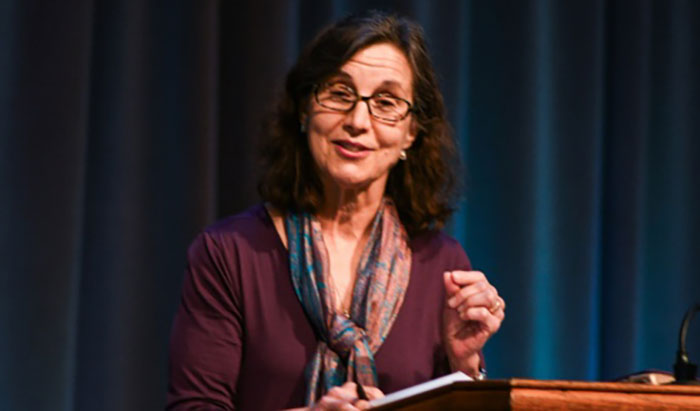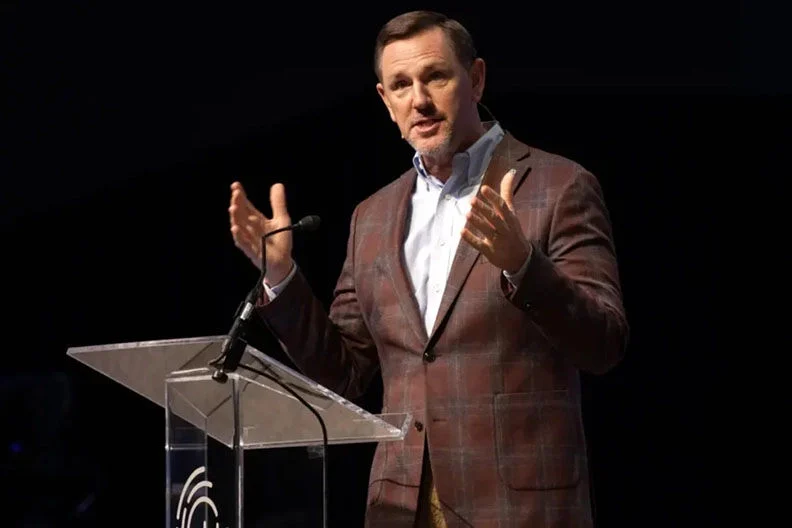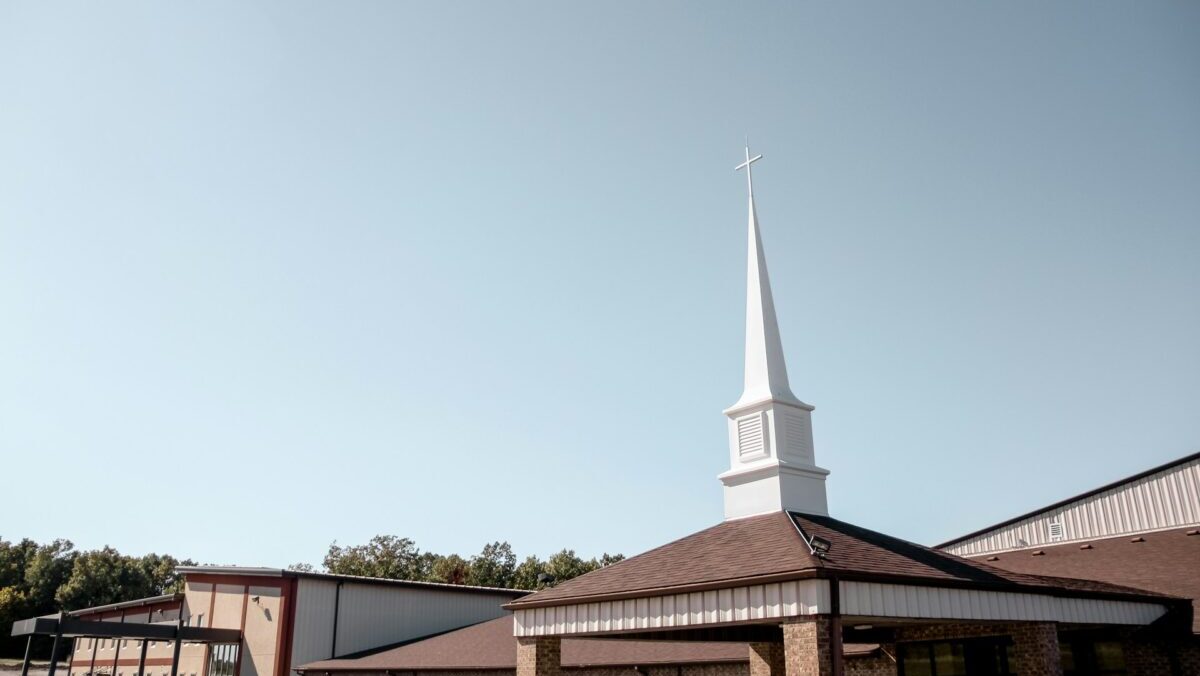President Jimmy Carter, the peanut farmer turned politician who taught Sunday School for decades, died today (Dec. 29), according to The Carter Center. At age 100, he was the country’s oldest living president.
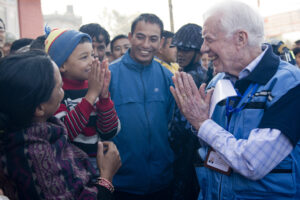
After he entered hospice care in mid-February 2023, Carter’s church prayed for him during a worship service and shared one of his most famous quotes: “My faith demands that I do whatever I can, wherever I can, whenever I can, for as long as I can with whatever I have to try to make a difference.”
Carter’s public life reflected that personal mission. Remembered for his humanitarian efforts in the U.S. and around the world, Carter is best known to Southern Baptists for his vocal faith in Jesus and long tenure as a Sunday School teacher in his hometown of Plains, Georgia.
He authored several faith-centered books, including his 1996 memoir “Living Faith” and the Bible-focused “Sources of Strength: Meditations on Scripture for a Living Faith.”
Life of service
During his term as Georgia’s governor prior to his presidency, Carter served as honorary chair of Billy Graham’s first evangelistic crusade in Atlanta in 1973. When the evangelist died in 2018, Carter called him an adviser and friend.
Elected U.S. President in 1976, Carter’s single term in office was marked by economic hardship and unrest, including the 1979 hostage crisis in Iran. During his presidency, Carter worked to broker peace between Israel and Egypt, foreshadowing how he would spend the rest of his life.
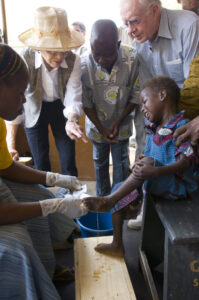
After their time in Washington, Carter and his wife, Rosalynn, dedicated more than 40 years to helping people in need. They began volunteering with Habitat for Humanity in the mid-1980s, establishing the annual Carter Work Project to provide affordable housing in the U.S. and overseas.
In 1982, they launched The Carter Center to promote human rights causes around the world. The center’s initiatives include alleviating global health crises and working toward fair elections.
Carter was awarded the United Nations Human Rights Prize in 1998, the Presidential Medal of Freedom in 1999 and the Nobel Peace Prize in 2002.
Early life
Prior to his political career, Carter was a lieutenant in the US Navy, leaving active duty in 1953 after the death of his father to run his family’s peanut farm. He was elected to the Georgia Senate in 1962 and won his state’s governorship in 1970.
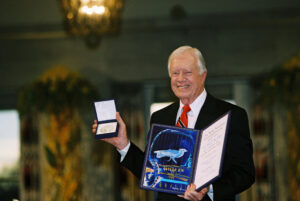
After his presidency, the Carters returned to Plains, a south Georgia town of 700, where he began teaching a 10 a.m. Sunday School class at Maranatha Baptist Church. Over the years, the class attracted enough visitors to warrant special instructions on the church’s website. Carter famously showed up for Sunday School just days after starting treatment for brain cancer in 2015.
Baptist faith
A life-long Southern Baptist, Carter publicly parted ways with the denomination in 2000 over issues including the SBC’s position on women and the pastorate. In 2012, he was interviewed by Southern Baptist seminary president Albert Mohler about the differences that led Carter away from the SBC, including complementarian views on gender and the inerrancy of Scripture.
Mohler, who helped author the 2000 iteration of The Baptist Faith and Message with which Carter took issue, noted his respect for Carter, despite major disagreements. “One of the most difficult things to do in terms of a Christian conversation is to disagree,” Mohler said of the interview, “and to disagree publicly.”
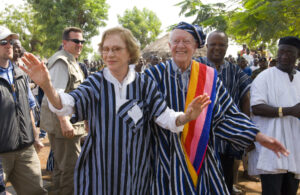
President Carter was preceded in death by his wife of 77 years, Rosalynn (who died in November 2023). He is survived by their four children, 11 grandchildren and 14 great-grandchildren.

